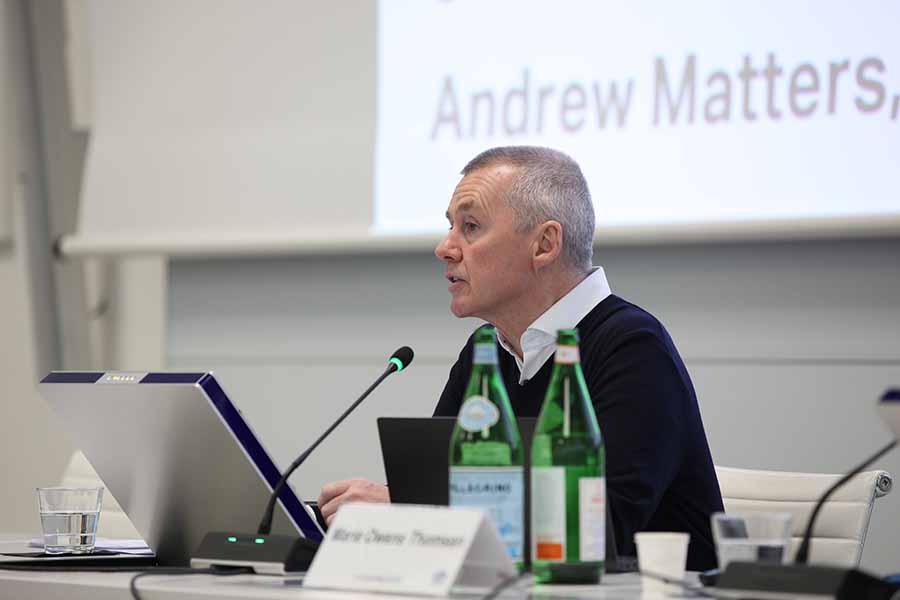
Sustainable Aviation Fuel production accounts for 0.2pc of global jet fuel use by the aviation industry, according to an update from IATA.
SAF accounted for 3pc of all renewable fuels produced, with the remaining 97pc allocated to other sectors. Production reached over 600 litres (0.5Mt) in 2023.
In 2024, SAF production is expected to triple to 1.875 billion litres (1.5Mt), accounting for 0.53pc of aviation’s fuel needs and 6pc of renewable fuel capacity.
The Third Conference on Aviation Alternative Fuels (CAAF/3) hosted by the International Civil Aviation Organization (ICAO) agreed on a global framework to promote SAF production worldwide. The aim is to make aviation fuel 5pc less carbon-intensive by 2030 and to create a global SAF market.
COP28, held on December 13, resulted in an agreement calling on nations to transition away from fossil fuels. This agreement presents an opportunity for the advancement of renewable fuels, including SAF.
Regarding specific initiatives and developments related to SAF and sustainable aviation:
- Several airlines, including Virgin Atlantic, Emirates, and Gulfstream Aerospace, have successfully conducted flights using 100pc SAF.
- Various projects and partnerships, such as Project Speedbird (involving Nova Pangaea Technologies, LanzaJet, and British Airways) and Air France-KLM’s cooperation with SAF producer DG Fuels, aim to increase SAF production and supply.
- Rolls-Royce has completed compatibility testing of 100pc SAF on all its civil aero engines.
- Companies like Boeing, Zero Petroleum, and Macquarie Asset Management are investing in SAF testing, analyzing next-generation technologies, and supporting SAF growth.
- Infinium and Breakthrough Energy Catalyst are investing $75 in Infinium’s Project Roadrunner, the largest Power-to-Liquids (PtL) eFuels project in North America.
- Airlines in the Asia Pacific region, such as Korean Air, AAPA, Singapore Airlines, and Scoot, have set targets and partnerships to increase SAF utilization.
- Japan Airlines has signed agreements for joint studies on hydrogen-powered flights.
- Various airports and ground handlers, including Swissport, Menzies Aviation, Munich Airport, Heathrow Airport, RTHA, and Changi Airport Group, have implemented sustainable practices or launched initiatives related to SAF and carbon offsetting.
FuelVision, a software and data company, offers tools to assist airlines in reducing their environmental impact through Flight Data Monitoring (FDM) data analysis. Their products target pilots, providing fuel efficiency analysis and feedback, and operational departments, enabling efficient fleet management and monitoring. FuelVision aims to empower pilots, decrease fuel consumption and emissions, and improve aircraft maintenance and safety.
FuelVision was started by two former pilots who recognised the industry’s need for feedback mechanisms and a cultural shift towards increased fuel efficiency. They collaborate closely with airlines to develop tailored solutions and have achieved significant fuel savings in partnership with Danish airlines.
FuelVision is currently working with Jettime and is open to collaborations and partnerships with major airlines or potential partners interested in their technology. More information about FuelVision can be found on their website at www.fuelvision.io.




